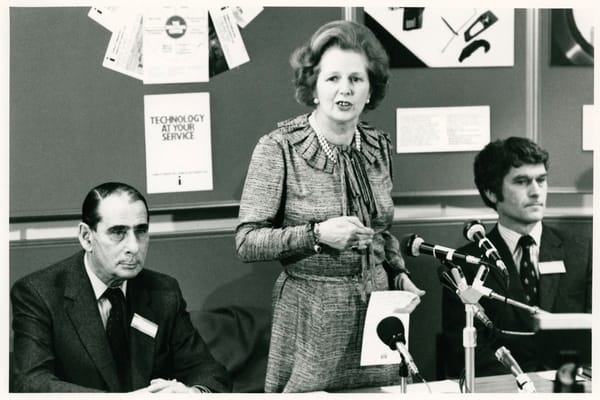League Tables
Seen and believed?
This week, we have painstakingly (sort of) gone through all of the league tables so you can see where we stand. Also, importantly, you can see where your subject is placed. I hope it’s interesting and that you enjoy the pretty infographics. We’ve tried to strip out the boring waffling from us and just give you the facts and figures.
League tables are a tough one really. It’s impossible to really measure how good a university is. It’s definitely not an exact science at all. The main problem is that a lot of it can be subjective, and some parts can be swayed by people massaging the truth like they're working on a pleasure cruise. By this I mean both the academic assessment and the NSS. The NSS is, of course, the most subjective, and the most open to people attempting to cheat their university into a higher slot. I don’t blame people for that. Wanting to have a high value degree and excellent job prospects because of it isn’t exactly a crime. It really does boil down to what you say it actually is that makes an institution good. It could be the teaching standards, the satisfaction of the students, the quality of the research. There are many different factors that all contribute towards making a university a good university. In my humble opinion, sometimes a name of an institution proceeds it, and they can always count on being thought of as excellent. I’m not convinced that, at this point in time, the wider public are as intently aware of who Imperial are.
When discussing league tables it really is impossible to not talk about The Guardian really. They have become notorious (sort of, well, amongst me at least) for the use of their strange, stupid, and downright absurd “Value Added Bullshit” (actually called “Value Added Score”, but that gets the gist of it across). What happens with this is that it takes your entry tariff (your IB, A levels, whatever you needed to get in) and then looks at the degree you achieve from your university. It then says that if you get very low grades at A Level and come out with a high grade at university, then the university is excellent at teaching. This is, to put it mildly, a bit of an odd perspective. The question that I’m sure you’re shouting into your sandwich is “couldn’t that just mean that the course is really piss easy?”. The answer, that I’m hastily writing on a Thursday night with too much caffeine and too little sleep, is yes. I really think that it does mean that the degree is not as challenging. If you come in with high grades and don’t get a first, to me, that indicated that the course is pretty tough going.
Imperial is very high in most of the tables. This indicates that we are, indeed, a truly great university (with a truly great newspaper...). In my mind, considering we are consistently within, at least, the top 30 in the world, I find it odd to think that I could have been accidentally allowed to waltz in through the doors. It’s a surreal feeling looking at those tables and figures and thinking “hey, I am at one of the best universities in the world”. Well, according to what we found, you are. Now pat yourself on the back. Now stop patting yourself on the back as people are watching you and you look slightly odd.
However, my only perception of a degree is actually this one that I have done. How can I know what a degree is like elsewhere? How can I say that chemistry (which is what I “studied”) is not better at, say, Bristol, or even (I shudder at the thought) UCL? The reason I close with this statement is to give you a word of caution to pass on to everyone that will listen. Don’t blindly take ranking tables to be absolute fact and undeniable truth. There’s method to the madness, but is it the correct method?








